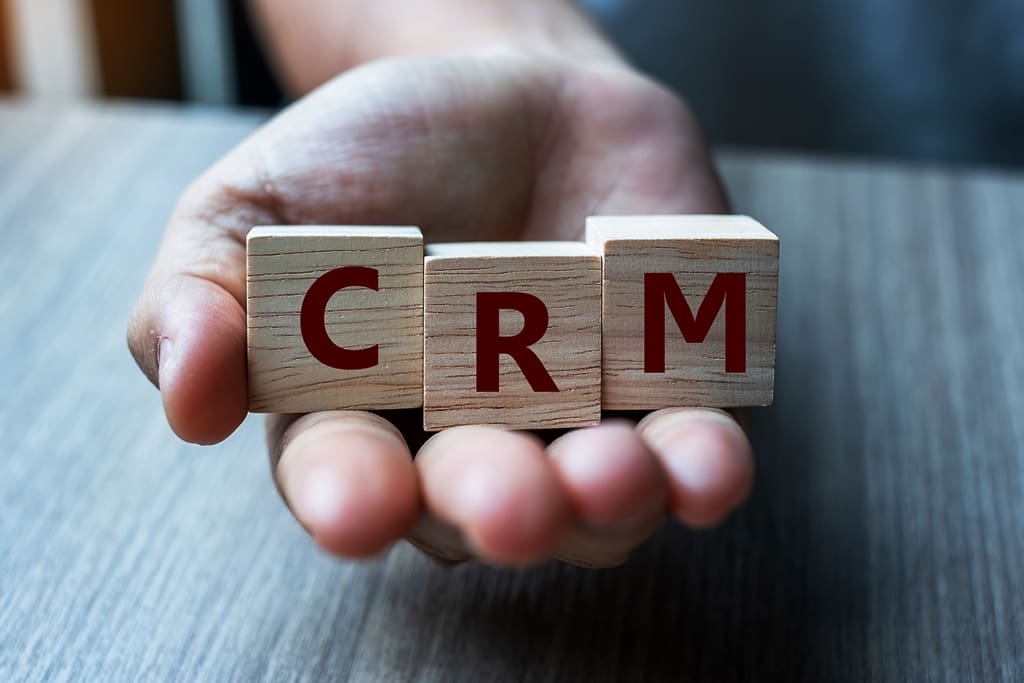Welcome, real estate agents! In today’s digital age, Customer Relationship Management (CRM) software has become a crucial tool for managing client interactions, streamlining processes, and boosting productivity. In this blog post, we’ll delve into expert tips specifically tailored to help real estate agents make the most of their CRM systems.
Understand Your CRM Inside Out
First and foremost, familiarize yourself with all the features and capabilities of your CRM platform. Whether you’re using industry-standard software like Salesforce or a specialized real estate CRM, knowing how to navigate through its functionalities is key to maximizing its potential. Take advantage of tutorials, training sessions, and support resources provided by the CRM provider.
Customize for Your Needs
Every real estate agent operates uniquely, so it’s essential to customize your CRM to align with your specific workflow and business requirements. Tailor your CRM settings, fields, and workflows to capture relevant client information, automate tasks, and generate meaningful reports. This customization ensures that your CRM becomes a tailored solution that fits seamlessly into your daily operations.
Integrate with Other Tools
To further enhance efficiency, integrate your CRM with other tools and platforms that you regularly use. For instance, sync your CRM with email marketing software, calendar apps, or social media platforms. This integration eliminates duplicate data entry, improves communication, and provides a holistic view of your client interactions across multiple channels.
Leverage Automation

Take advantage of automation features within your CRM to streamline repetitive tasks and workflows. Set up automated email responses, follow-up reminders, and task assignments based on predefined triggers or client actions. Automation not only saves time but also ensures consistency and responsiveness in your client communications.
Prioritize Client Relationship Management
As a real estate agent, your success heavily relies on building and maintaining strong relationships with clients. Use your CRM to track client preferences, communication history, and upcoming milestones. Leverage this data to personalize interactions, send targeted communications, and provide exceptional customer service, ultimately fostering loyalty and referrals.
Regularly Update and Clean Data
Data accuracy is paramount in effective CRM usage. Regularly update client information, eliminate duplicate entries, and clean up outdated data to ensure your CRM remains a reliable source of information. This practice not only improves decision-making but also enhances your ability to segment clients for targeted marketing campaigns.
Monitor and Analyze Performance

Utilize the reporting and analytics tools within your CRM to track key performance metrics such as lead conversion rates, sales pipelines, and client engagement levels. Analyzing this data provides valuable insights into your business performance, identifies areas for improvement, and enables you to make data-driven decisions to optimize your real estate strategies.
Continuous Learning and Optimization
Finally, view CRM utilization as an ongoing learning process. Stay updated with the latest features, best practices, and industry trends related to CRM technology. Continuously evaluate your CRM usage, gather feedback from your team, and make iterative improvements to ensure that your CRM remains a valuable asset in driving your real estate business forward.
In conclusion, mastering the efficient use of CRM software empowers real estate agents to boost productivity, enhance client relationships, and stay organized in today’s competitive market. By implementing these expert tips and leveraging the full potential of your CRM, you’ll position yourself for success and growth in the real estate industry.
